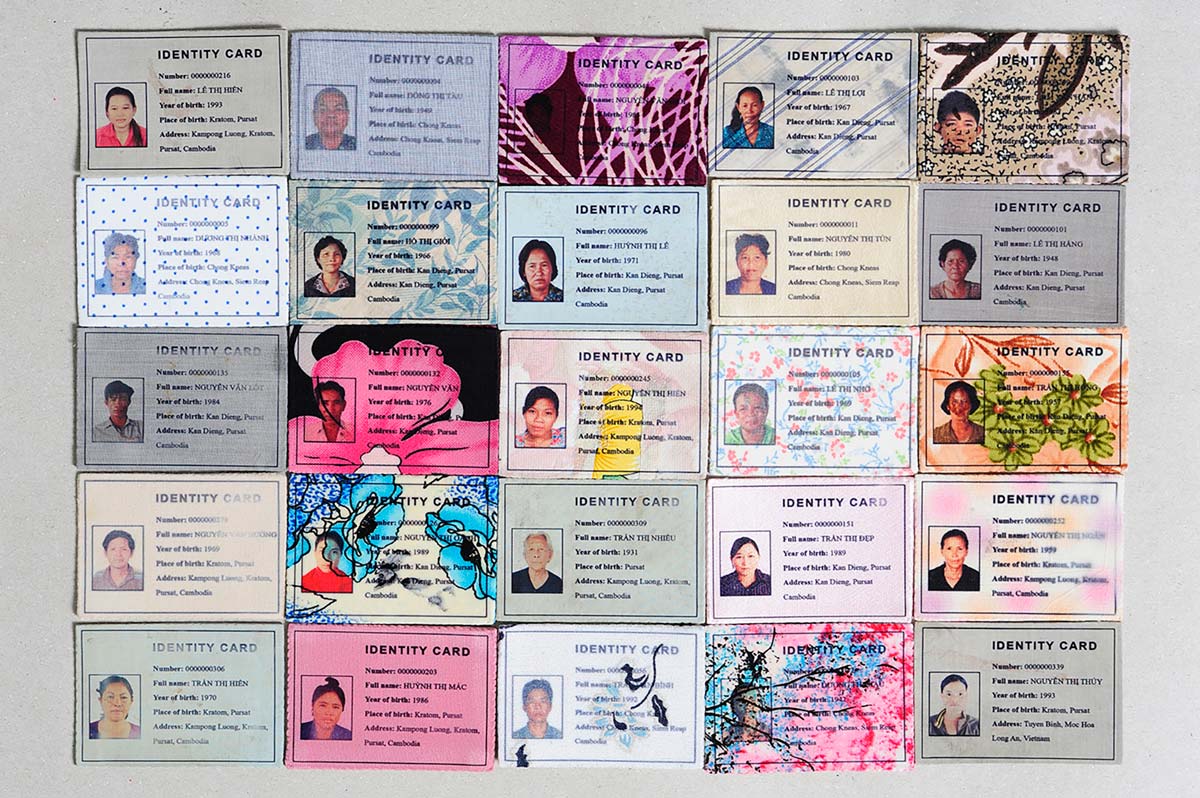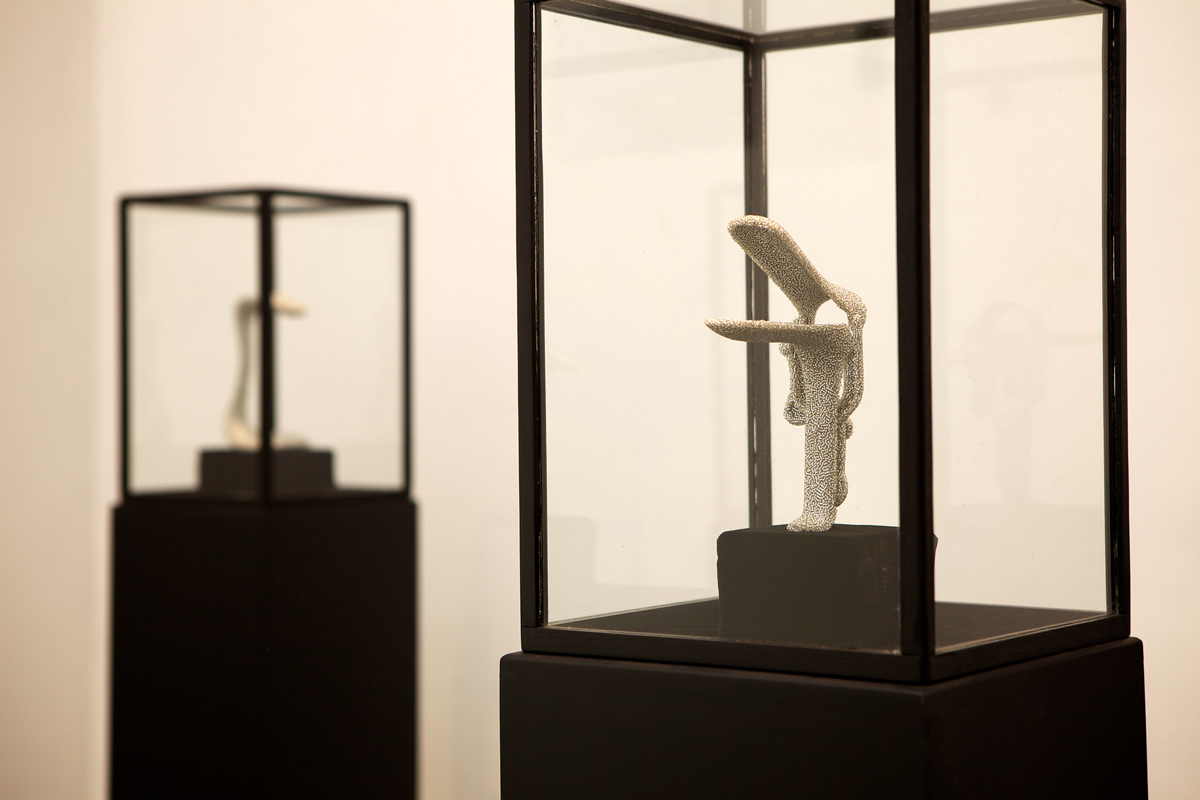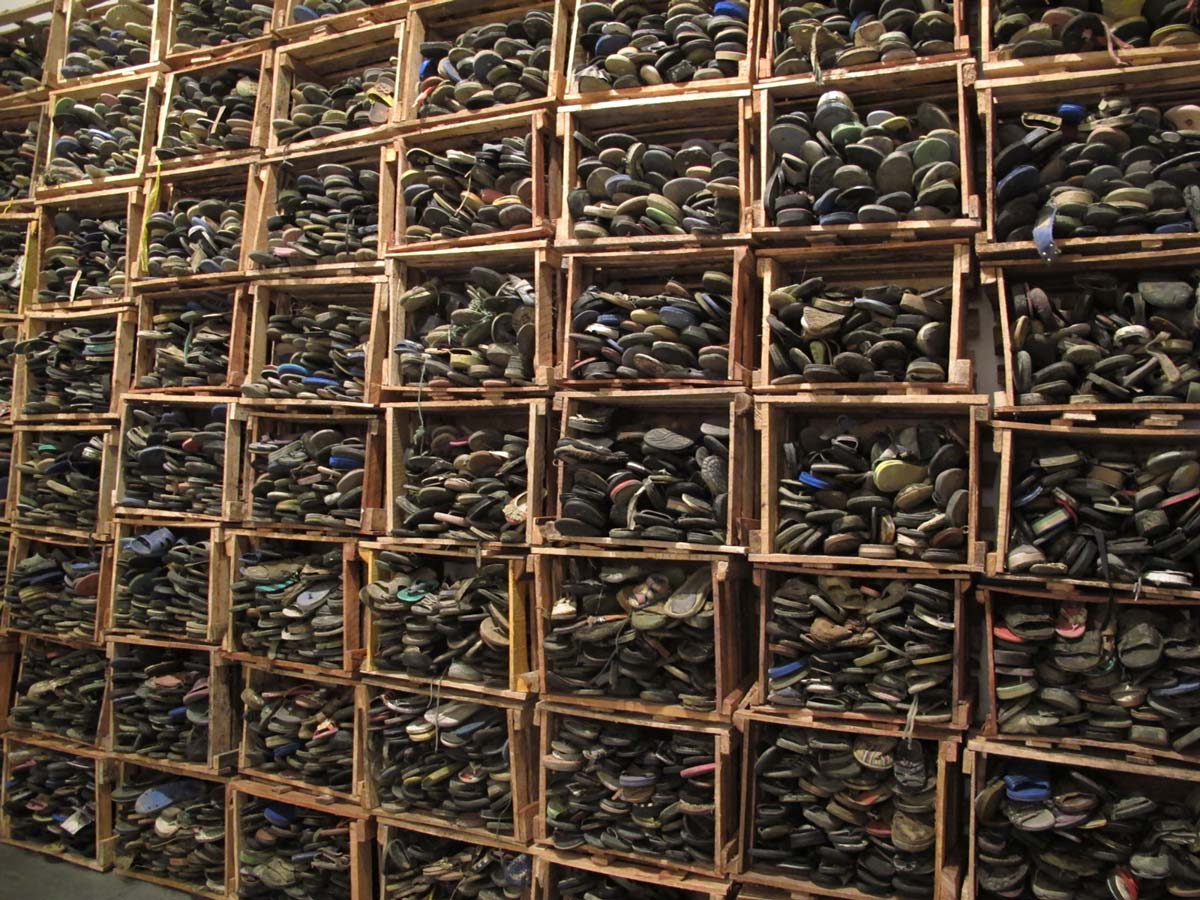Nguyen Thi Thanh Mai, a native of Vietnam’s capital, Ha Noi, was born in 1983. She graduated from Hue University of Fine Arts in 2006, before completing her Master’s program as a Visual Arts Major at Mahasarakham University, Thailand in 2012.
Thanh Mai is known for her talent and ability in working with a variety of mediums of art, especially photography and videography.
While Thanh Mai’s earlier works focused on the complicated experiences of womanhood within the Asian society, her recent works have extended to issues revolving around the individual and collective identities. More specifically, they focus on the experiences of those facing resettlement.

In exploring the interwoven pieces of identity and one’s place in society, she inevitably also comes across the idea of one’s perceptions of fictional aspects within their own existence.
Besides being a tool to help you observe the world, does art have more meanings for you?
Art, to me, not only gives me the opportunity to broaden my view on the world, but also to question and explore the world around me.

The dialogues on war in your works are always clear and prevalent, what experiences inspired you to commit to voicing such dialogues?
A friend of my father’s once told me about the 1972 battle of the Quang Tri Citadel. When he finished, he said: “Buy a fish, bring it home, cut it into three pieces. Then, just look at it. Look at how red the water in the sink turns. That is the same colour of the Thach Han river that year.” The analogy made me realise that I did not grow up in times of war, but I am no stranger to the aftermath of combat.
Then again, war is not the overarching theme of my works. Rather, it is a focal point for me to turn back the hands of time to better understand my parents’ generation as well as those around me.

You have pursued many creative projects over the years and worked with different communities to turn your ideas into life. What are your thoughts on long-term projects?
Long-term projects require time, commitment, and patience; there will be times when initial excitement and the emotions you have towards a piece inevitably fade. And then there are differences in geography, culture, connection, and many others that will also serve as barriers to long-term projects. If I’m honest, I’m not as great at committing to long-term projects like some may think. It’s a huge challenge.
But I’ve still remained in touch with a small community. I get to hear many stories about their history — a history that has been riddled with tumultuous displacements — and I also hear about the changes and difficulties that they face today. It is this long-term connection that has both broadened and deepened my understanding of the world.

Having met many people who have resettled, what is your fondest interaction thus far?
A war veteran from the Cambodian-Vietnamese War took me to many places in Pursat, where I got to meet his old comrades and hear them share their stories. But he never shared his own stories. When I asked him, he said: “I can’t tell my stories. I cry at the thought of them.”

The themes throughout your pieces aren’t uncommon, but they aren’t easy to illustrate, either. How did you find a way to put your unique touches on your creations?
Actually, I don’t think I have a unique style.

Can you share any projects or ideas currently in the works?
I’ve been working on a few things. One of them is a piece for Project EDGE of The Hue Citadel, which is expected to take place later this year. This is a community art project including site-specific visual artworks that will interact with the walls of the Hue Citadel. The project also has the participation of 13 musicians from different regions of Vietnam.
In 2019, the Thua Thien province of Hue started the project ‘Resettlement of inhabitants in Area I of the Hue Imperial Citadel (part of the Complex of Hue Monuments)’.

The project will be implemented from 2019 to 2025 to relocate over 4000 households out of the area in order to protect this ancient citadel. The purpose of Project EDGE of The Hue Citadel is to utilise performing and visual arts to spark dialogues about the relocation, heritage, history, and culture, as well as to acknowledge the memories which these people associate to the place they’ve called home for many generations. Historic sites, remnants of war, traces of old civilisations, stories of displacement, traditional folktales... these all make up the focus of this project, and act as conversation starters for the multi-perspective panel discussion that will be facilitated.
What is the worst piece of advice you have been told?
“Just stop what you’re doing.” And it’s actually something I tell myself in my worst moments.

The Factory Contemporary Art Center (The Factory) is the first purpose-built space for contemporary art in Vietnam, operating under the business model of a social enterprise, The Factory focuses on interdisciplinary cultural activities to introduce and expand knowledge of contemporary art in Vietnam.
Address: The Factory Contemporary Art Center, 15 Nguyen U Di, Thao Dien Ward, District 2, Ho Chi Minh City
Contact information: art@factoryartscentre.com | +84 (0)28 3744 2589
Translated by Dieu Linh




